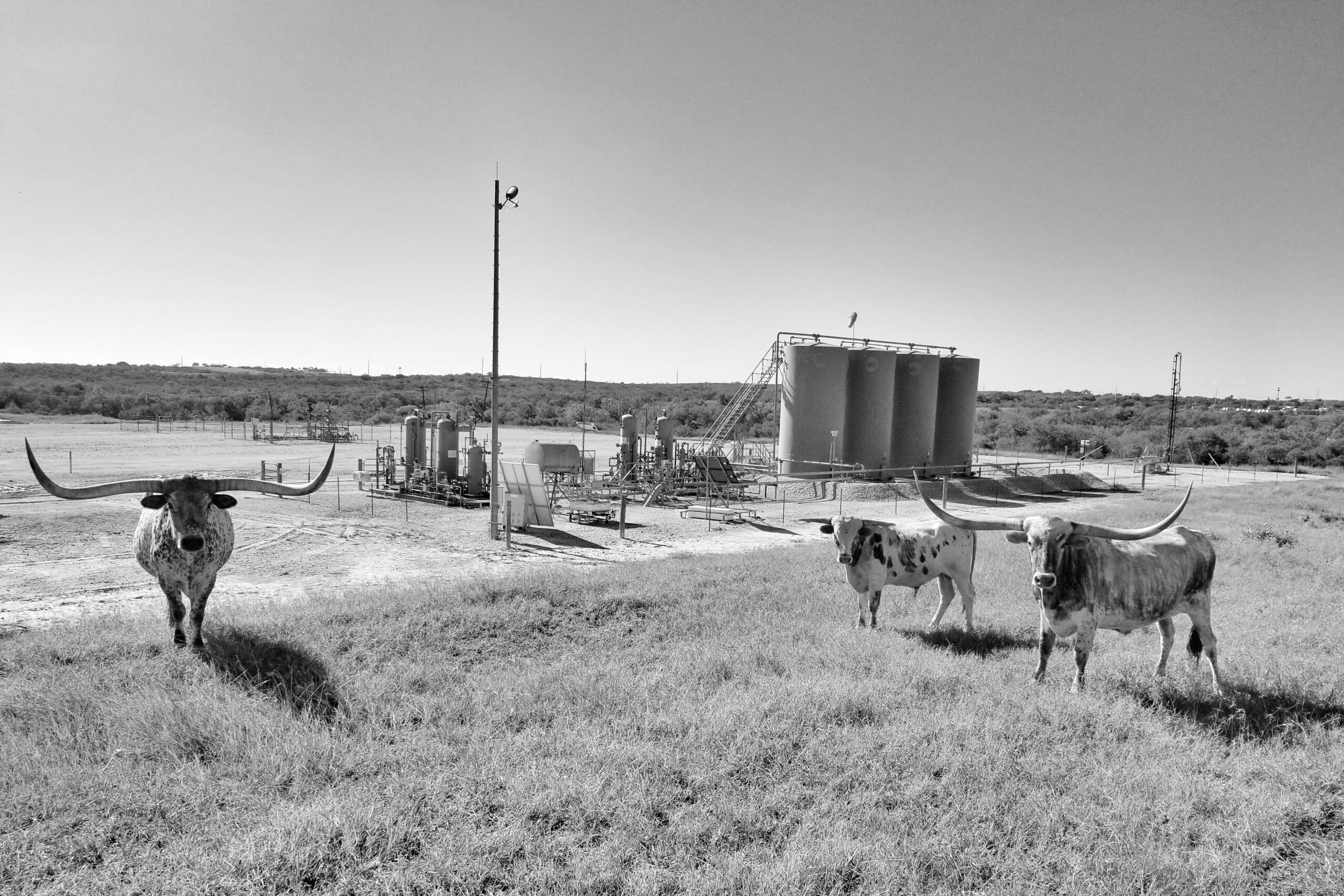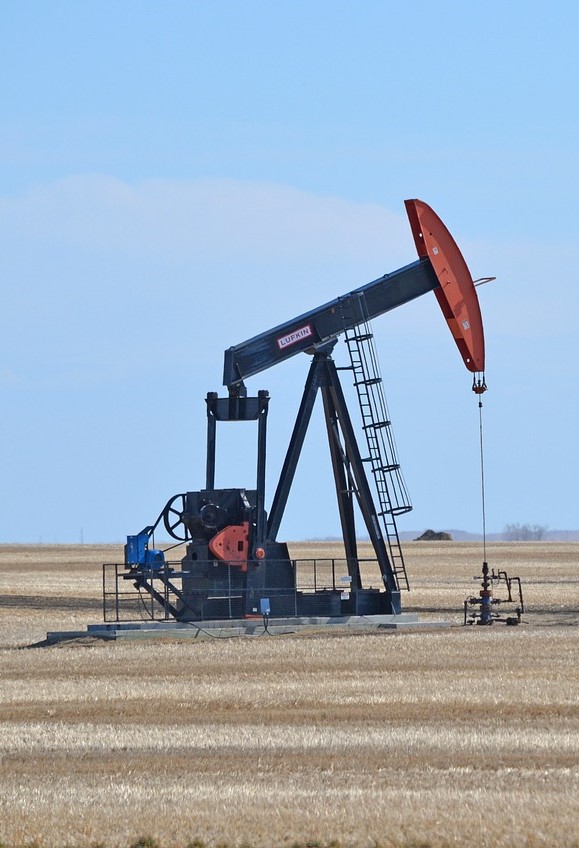Leasing Mineral Rights
Leasing mineral rights is an arrangement by which landowners grant exploration and extraction privileges to third parties in exchange for compensation. Leasing mineral rights is common in areas where there is significant mineral wealth, such as oil-rich regions like Texas, North Dakota, Colorado, and Alaska, to name a few. It allows property owners to collect money from the natural resources beneath their land without having to undertake the costly and complex process of exploration and extraction themselves.
If you’re considering leasing your mineral rights, it’s important to carefully review lease agreements to ensure you understand the terms and conditions, including the duration of the lease, the amount of compensation offered, and any provisions related to environmental protection or land use.
What Does “Leasing Your Mineral Rights” Mean?
Leasing your mineral rights means granting another party the legal right to explore, extract, and profit from the minerals located beneath your property for a specified period. These minerals could include oil, natural gas, coal, metals, and more. In exchange for granting this right, the owner of the mineral rights typically receives financial compensation, which often comes in the form of an upfront bonus payment and ongoing royalty payments based on the value of the minerals extracted.
Leasing mineral rights involves a comprehensive understanding of various terms and conditions which can significantly impact the outcome for both the landowner and the lessee. Let’s break down these key aspects:
- Duration of the Lease: The duration of a mineral lease refers to the period during which the lessee (the party granted rights) has the authority to explore for and extract minerals from the property. This timeframe is typically negotiated between the landowner and the lessee and can range from a few years to several decades. Longer lease durations provide the lessee with more time to recoup their investment and extract minerals, while shorter durations may offer more flexibility to the landowner.
- Compensation Offered: The compensation offered to the landowner for leasing their mineral rights typically consists of two main components: upfront bonus payments and ongoing royalty payments.
- The upfront bonus payment is a lump sum paid to the landowner upon signing the lease and is often based on factors such as the perceived value of the minerals, the size of the property, and market conditions.
- Royalty payments are a percentage of the value of the minerals extracted and are paid to the landowner regularly (e.g., monthly or annually) for the lease.
- Provisions for Environmental Protection: Mineral leases often include provisions aimed at protecting the environment and minimizing the impact of exploration and extraction activities on the land and surrounding ecosystems. These provisions may include requirements for environmental impact assessments, measures to prevent soil and water contamination, and protocols for reclamation and restoration of disturbed land. Additionally, some leases may stipulate financial assurances or bonding requirements to ensure that the lessee has the resources to address any environmental liabilities that may arise during operations.
- Land Use Provisions: Mineral leases may also include provisions related to land use, specifying how the land can be used during the lease term. For example, the lease may restrict certain activities on the surface, such as agriculture or development, to minimize interference with exploration and extraction operations. Land use provisions can also address access rights, easements, and surface damage compensation, ensuring that both parties’ interests are protected throughout the duration of the lease.
Overall, understanding these terms and conditions is essential for landowners considering leasing their mineral rights, as they can have significant implications for financial outcomes, environmental stewardship, and the long-term use of the land. Consulting with legal and environmental experts can help landowners navigate the complexities of mineral leases and negotiate agreements that align with their objectives and values.




